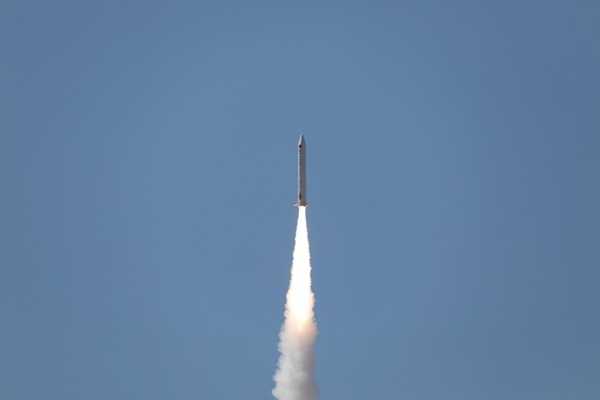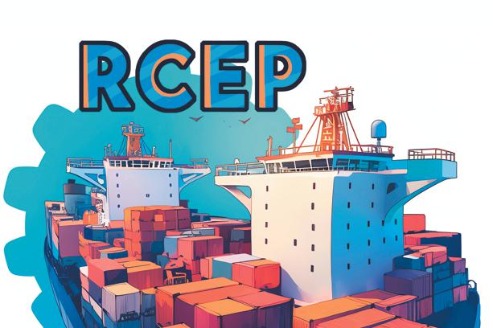No deal can be made without talking, and there's no talking without respect: China Daily editorial

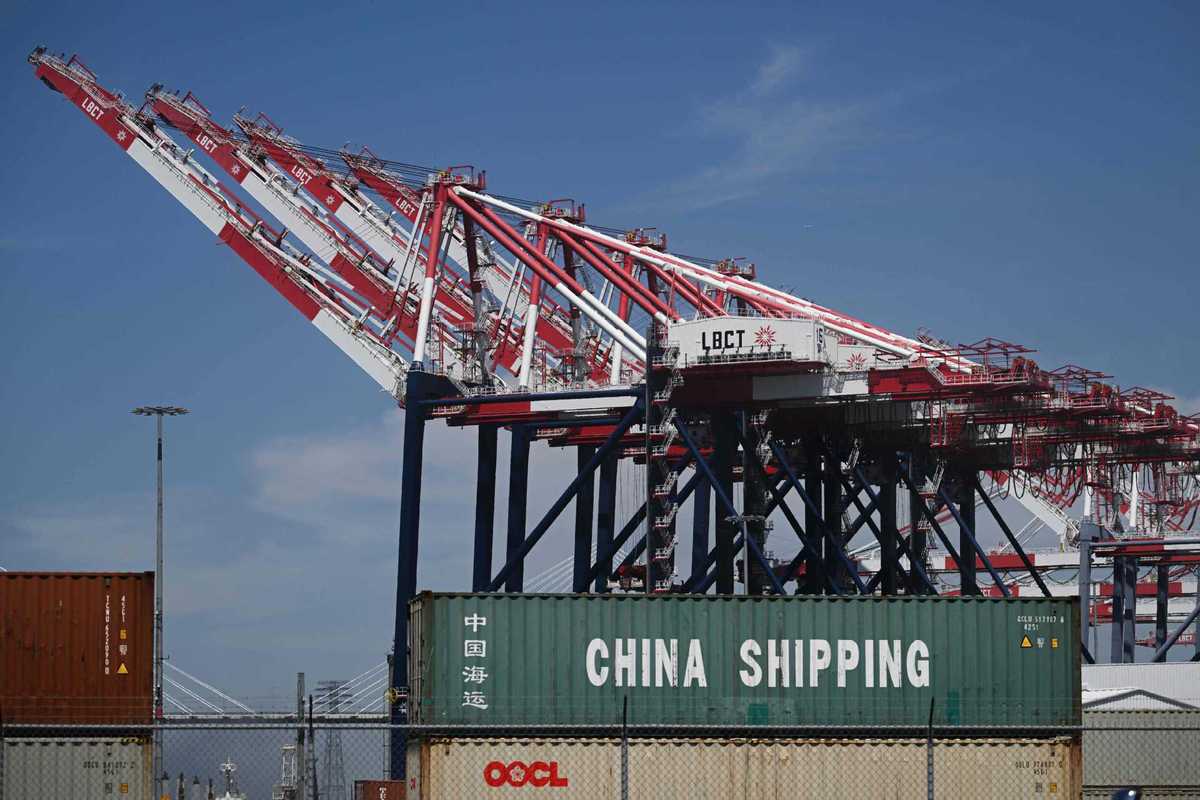
All sensible minds agree that tariffs are a dynamic reflection of the compromises made between different economies in global trade based on their respective comparative advantages in the international division of labor.
Tariff rates should thus be settled through negotiations between economies with the purpose of striking a balance between protecting domestic industries and providing domestic consumers with diverse choices of foreign goods that are conducive to stimulating consumption and promoting international cooperation which then benefits domestic industries.
The US administration's weaponization of tariffs to address the United States' trade deficit and revitalize US manufacturing is therefore doomed to failure. It not only violates fundamental market and economic law that are based on free trade and market competition, but also the "negotiations" it seeks to have are for the sole purpose of exploiting others to meet the US' narrow ends.
Although the White House claims countries are falling over themselves to get a deal, what the world has been witnessing tells a different story, with a united front being gradually formed against the US' extortionist tariff policy. So far the major beneficiaries of the tariff policy, through reaping the fluctuations of the US stock markets and earning billions of dollars overnight, are those close to the core team of the tariff policy.
The increased revenue from the tariff hikes that the administration has pledged to reinvest in US industries is actually money ripped off from small and medium-sized businesses and consumers in the US at the cost of the world trade and economy.
Uncertainty in the US about the tariffs became "pervasive" among business and community leaders in April, according to a report the Federal Reserve issued on Wednesday. The report highlighted the "on the ground" consequences of the administration's rapidly shifting trade war, indicating business leaders feel rising uncertainty making it hard to invest and plan for the future.
No wonder it is the local governments in the US that are feeling the pains. A dozen states sued the Donald Trump administration in the US Court of International Trade in New York on Wednesday to stop its tariff policy, saying it is unlawful and has brought chaos to the US economy. The lawsuit said the policy put in place by the US leader has been subject to his "whims rather than the sound exercise of lawful authority".
China knows the US' tariff policy is unsustainable. And, being confident in the resilience of the Chinese economy and its ability to weather the storm, it is not one of the 90 economies that the White House says is trying to knock down the door in their apparent desperation to strike a deal.
So Beijing is coping with the shifting events by sticking to a fundamental principle: doing its own thing well. Over the course of its long history, China has learned many a lesson. One of which is that in the face of extortion and bullying, appeasement will not bring peace, and compromise will not earn respect.
Although the US administration has kept hinting these days, despite the exorbitant punitive tariffs it has levied on China, the two sides might reach "a big deal" soon, which later became "a special deal", that, at this stage, is just positive thinking as there are no talks taking place between the two sides, as yet.
Both the Chinese Commerce Ministry and Foreign Ministry on Thursday denied the two sides have engaged in talks on the tariff issue, let alone reached an agreement, describing the claims as "fake news".
As with its bragging about the progress being made in negotiations with the European Union, Japan and other major economies, which has not been substantiated or confirmed by any other party, the US administration is applying a similar smoke screen to cover up the doomed nature of its tariff policy.
China's attitude remains consistent and clear. The tariff war was initiated by the US. If the US wants to fight, China will fight to the end; if it wants to talk, the door is always open, but the dialogue and negotiation must be equal, respectful, and mutually beneficial, as the spokespersons of the two Chinese ministries reiterated.
As a self-claimed good dealmaker, the US side should know that it is the creating of the right atmosphere for talks that paves the way to a deal. If the White House wants to negotiate a deal, it should stop trying to threaten and blackmail China, a country developing on its own path that has never yielded to any external pressure in history even in its most difficult time.
China is willing to engage in dialogue, but only if it is based on equality, respect and mutual benefit. The ball remains in the White House's court.
















